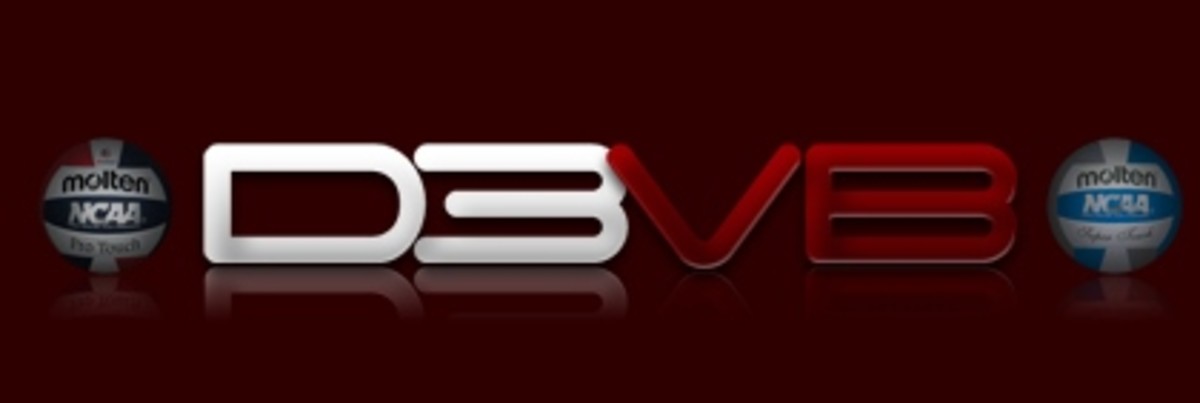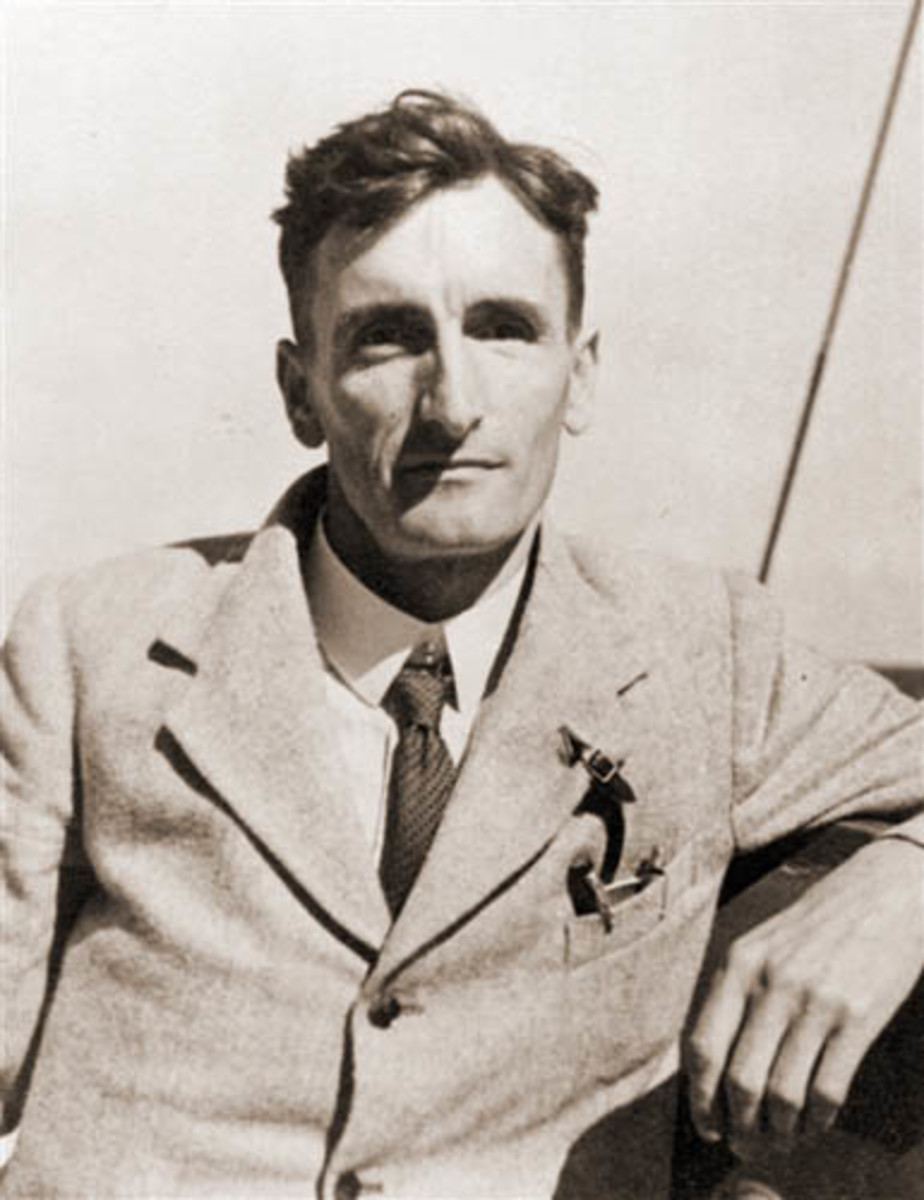How to write a winning CV for a Ph.D. program?
Everyday, numerous Ph.D. positions are advertised in all research fields. Finding appropriate Ph.D. program of your interest is quite challenging, as hundreds of applicants from all over the world apply for any advertised Ph.D. openings.
First step in the selection process includes screening your curriculum vitae (CV). Writing CV for a Ph.D. fellowship is quite different than creating CV for other kinds of jobs. Your CV shows your accomplishments in the academic field. Presenting suitable CV is important as it allows the selection committee to consider your candidature for the next step in the hiring process. Here’s the general guidelines and some tips that help you to construct an outstanding CV exclusively for a Ph.D. position.
Creating successful CV can be a three-step process. First, make a rough draft about your schooling, research and work experiences, training, achievements and the awards or scholarship that you have received during your career. Second step, make sections and sub-sections and arrange the contents of the CV in a right order. In the final step, proofread for any grammar or spelling errors and format with right style and font size. You can think about presenting your CV in the following order: (1) personal profile; (2) research/work experience; (3) honors/awards/fellowship; (4) technical skills; (4) publications and abstracts submissions; (5) presentation/invited talks, conference or meeting attendance; (6) additional skills; (7) references.
Personal profile
In the personal profile section of your CV provide information such as your full name, corresponding postal address, telephone number that includes international and area codes, e-mail address and details about your educational background. The educational background should incorporate all the degrees that you have obtained. The major subjects you studied, from which university the degree was awarded, the class/grade obtained in each of your degree course and the date the degree received. Additionally, you can also include about your English Language tests score (e.g. TOEFL, IELTS).
Research/work experiences
Many applicants will not have research or work experiences. So you can include or skip this section in your CV. However, if you have done any research project during your Master’s degree program include it. Additionally, if you have done any internship or worked part-time during your education you can state it. The work experience should be related to your specialty.
Honors/Awards/Fellowship
This section of the CV is considered as very important while awarding Ph.D. scholarship. Give the details about the fellowships/awards obtained during your career. This piece of information will demonstrate your ability in the field and also, provides evidence to be a successful researcher. You can also include travel awards that you have received to attend any conference/meetings.
Technical skills
You should pay more attention to this section of your CV. The selection committee intimately looks at this section to find out whether you have the technical expertise to work on their projects or should they provide you with any training. List all the techniques/procedures that you have learnt during your education.
Publications
Your CV becomes more competitive if you show your publication record. During your education, if you have authored/co-authored any books or publications relevant to your field than present it. The list of publications should include author(s), article title, publication date, journal name, volume and page numbers. You can bold your name in the publication list.
Presentations/invited talks, conference or meeting attendance
This part of your CV will demonstrate your exposure and active participation in the research field. Under this section, you can provide the details about your conference attendance, invited talks and poster presentations. Make sure to include the information about the conference venue, date held and title of your poster/talk.
Additional skills
In addition to your academic career, if you have learnt any skills such as a computer program or knowledge about foreign language, you can incorporate it under additional skills section.
References
It has become mandatory in academia to ask for 2-3 reference letters. Try to maintain pleasant relationship with your referees. You may have excellent academic background, sound technical expertise but with bad references, your application will be rejected. Provide full-contact information about referees such as his/her full name, title, email address and telephone numbers. The referee should be in a capacity to verify your research or technical expertise, personality and scholarly activities.
Good Luck! with your search.
Scroll down to vote, if this hub has served you with some useful information
I hope the below hubs will be helpful for you.
- Winning Cover Letter for a PhD Fellowship/Position
A well- written cover letter for PhD fellowship/position should demonstrate your education, expertise and interests in the field. There will be many applicants for a single PhD fellowship. Many candidates will be having the same level of education an - Tips To Find Ph.D. Position
Doctor of Philosophy (Ph.D.) degree is the highest academic degree. Ph.D. degree can be obtained in any research fields such as science, arts, commerce and finance. The Ph.D. program is designed to discover new knowledge in the field. Universities in - Career as Electroencephalogram (EEG) Technologist
If you are interested to take up a job in the field of neuroscience but aren’t sure if more schooling is the right path for you, consider a career as Electroencephalogram (EEG) Technologist at hospitals or in university research labs. - Research Technician in Life Sciences: Education, Training & Jobs
In recent years, there is a growing demand for Research Technician jobs in the field of Life Sciences. Bachelor’s degree or high school diploma with few years of training in specialized field is the required education for research technician position - http://bopi-cheppu.hubpages.com/hub/bopi-cheppu-actionverbs-coverletter-cv-postdoctoral
This hub gives tips to use action verbs for creating a compelling cover letter and CV for postdoctoral or research scientist positions. - Pharmacognosy: Education & Career
Pharmacognosy: Education & Career Now a days, we see an increase in the number of commercial ads of plant based or herbal supplements as alternative medicine for treating various diseases. In fact, more than 70% of the world's population still... - Molecular Biology: Education, Careers & Jobs
Molecular biologists are needed in a variety of scientific fields. There is a tremendous career growth and job opportunity for molecular biologists. - Tips to Prepare for Science Journal Club
A journal club is an educational group meeting. The members of the group will present and discuss the research articles from their respective field. As a science student, you will have several advantages by participating in a journal club. This hub w - Communicating Research Results: Tips to Prepare for...
Oral presentations are essential skills in academia. It is an important means of communicating scientific information or to present your research outcome. In some college and university courses, it is mandatory for students to give an oral presentati - Tips to Find Jobs in Universities
Jobs at universities are not just teaching and research. Universities offer a whole range of jobs for any educational background. Universities in U.S. accept international applicants for all kinds of jobs and offer excellent career growths, unique be - Neuroscience: Education, PhD & Postdoctoral Jobs
Career in neuroscience is promising to find jobs in academia, industry, science journalism, legal practice and in government regulatory bodies.







